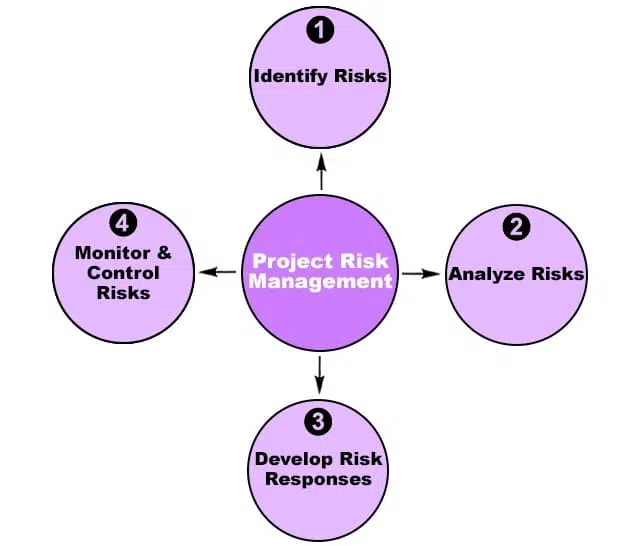The Crucial Importance of Risk Management in Economic Decision Making
The Crucial Importance of Risk Management in Economic Decision Making
Blog Article
The Important Value of Risk Management in Getting Organizational Objectives
This is where Risk Management steps in, offering an organized strategy to determining, examining, and mitigating possible barricades to advance. As we discover the critical role of Risk Management in accomplishing organizational goals, one can't question however help: how does this translate into real-world success?
Comprehending the Concept of Risk Management in Service

The Important Role of Risk Management in Strategic Planning
Integrating Risk Management right into critical preparation functions as a guard for organizations, securing their lasting strategies with a solid structure of readiness and resilience. It operates as the organization's radar, detecting prospective dangers and susceptabilities that could interrupt the course in the direction of attaining their stated objectives. Risk Management supplies a framework for anticipating uncertainties and designing suitable reactions, making certain the organization's survival and prosperity also when faced with misfortune. By incorporating Risk Management into calculated preparation, organizations can change these unpredictabilities right into opportunities for growth and development. This tactical interweaving of Risk Management promotes versatility, making organizations much more robust and enabling them to navigate the ever-changing business landscape confidently. As a result, Risk Management becomes a crucial device in critical preparation, important in securing lasting success.

Methods for Identifying, Assessing, and Prioritizing Threats
The process begins with Risk recognition, employing tools such as SWOT evaluation, which aids in identifying possible risks and opportunities. Next, Risk analysis is conducted to ascertain the prospective influence and possibility of each Risk. Dangers are focused on based on their potential effect and chance, allowing organizations to focus their resources on high-priority risks.
Protecting Organizational Workflow Through Effective Risk Management
In the business landscape laden with unpredictabilities, effective Risk Management plays an essential duty in protecting business operations. why not find out more By determining and analyzing prospective threats, Risk Management enables companies to establish robust backup plans. Companies need to invest in original site thorough Risk Management techniques to guard their operations.

Transforming Potential Threats to Opportunities: The Power of Risk Management
A proactive technique to risk Management entails recognizing, examining, and focusing on threats to create methods that turn them into potential benefits. Hence, by leveraging the power of Risk Management, organizations can not only safeguard their procedures yet likewise spur growth and achieve their objectives in an uncertain service atmosphere.
Case Studies: Success Stories of Risk Management Driving Organization Objectives
Effective implementation of Risk Management approaches has actually yielded remarkable outcomes in numerous companies, underscoring the benefits of this strategy. Multinational firms like Microsoft and Google, for circumstances, have leveraged Risk Management to decrease hazards and make use of opportunities, driving their business purposes forward. These examples illustrate just how successful Risk Management can not just steer organizations clear of prospective challenges however additionally direct them in the direction more tips here of their tactical purposes.
Final thought
In conclusion, Risk Management is fundamentally crucial in accomplishing business objectives. By integrating Risk Management into tactical planning, businesses can much better browse unpredictabilities, secure operations, and capitalise on chances, thus lining up with long-term objectives.
At its core, Risk Management is the process of identifying, assessing, and dealing with potential hazards that could negatively impact a company's purposes or procedures. Next off, Risk evaluation is carried out to determine the prospective effect and probability of each Risk. Risks are focused on based on their prospective impact and probability, permitting organizations to focus their sources on high-priority risks. By recognizing and examining prospective threats, Risk Management makes it possible for companies to establish robust backup plans. A proactive technique to risk Management entails determining, evaluating, and prioritizing threats to devise approaches that turn them right into prospective benefits.
Report this page